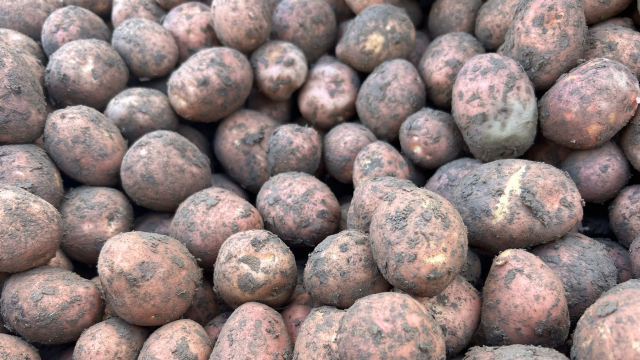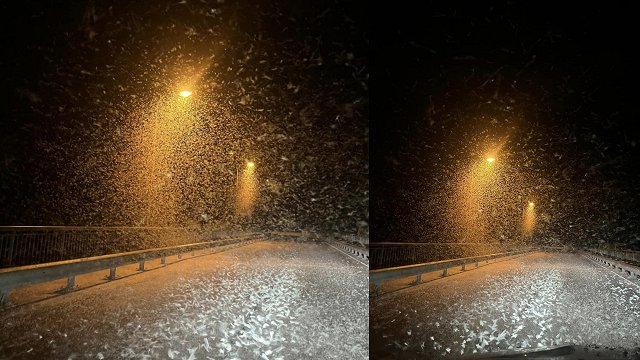At a gathering held at the weekend in Latgale, hive-holders gave their attention not only to the cultivation of nectar plants, but also to beeswax. In order to improve the productivity of bee colonies, the supply of good-quality wax is essential and, in current economic conditions, a difficult issue.
Beeswax is one of the most essential components in beekeeping - it is used in the formation of hive cells. While bees create these wax cells naturally, by providing ready-made beeswax cells ("foundations") for them reconstituted from previous hives, they can concentrate more on honey production, increasing the efficiency and productivity of the hive. However, the wax needs to be pollution-free.
Latvian beekeepers, gathering at their annual meeting, discussed this as of their main challenges – to keep the wax clear of impurities, which in rare cases can be found in the form of paraffin or chemicals that result from field spraying and could have a disastrous effect on bee populations.
"Wax is a unique product, you can bury a roll of wax in the ground, dig it up after 100 years, nothing will have happened to it. Your grandchildren can sell it and make candles. Nothing happens to it, nothing eats it," said beekeeper Ivars from Rīga.
Biological beeswax production at the "Kurmīši" farm has been going on for seven years, on average around 13 tonnes of beeswax are processed per year.
"Kurmīši" is the only place in Latgale where this can be done. This season alone, wax has been taken in, processed and returned in the form of cells to 225 bee farms.
"First, the wax is sterilized up to 130 degrees, so that there are no diseases. Then it cools, it is poured into trays. Next, we go to the next room, where we roll out the wax cell shapes and it is cut by hand," said "Kurmīši" owner Ivars Geiba.
The recycling process takes about three days and requires a lot of care. A significant challenge is to also ensure the fastest and cheapest possible delivery of wax. The equipment required is expensive, but mostly only young farmers are eligible for subsidies from funds. Urban dwellers, for whom beekeeping is only a hobby in the countryside, have fewer opportunities.
In total, there are approximately 64,000 bee colonies in Latvia, and only a small number of companies in Ulbroka, Auce, Cēsis and a few other places are able to deal with wax processing, as well as the production of cells.
The bee specialists said that for the time being they are coping with the work, but as interest in life in the countryside increases, new workers will be needed in this sector as well.




























